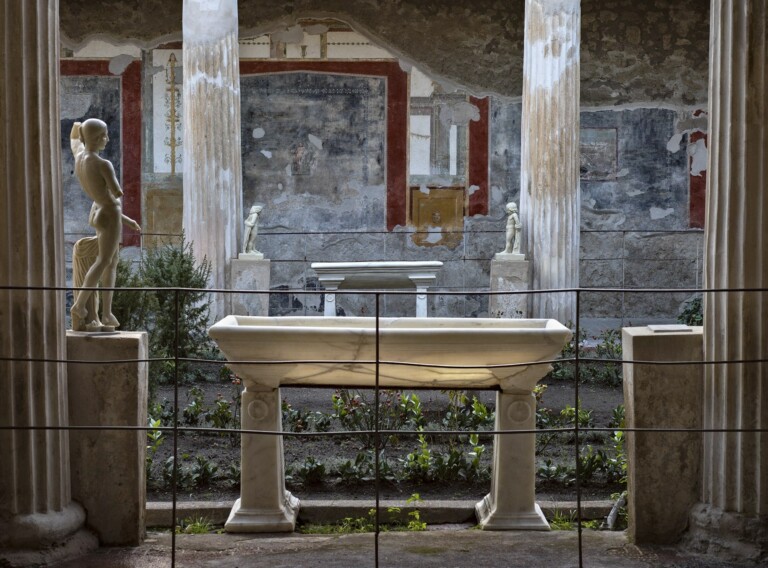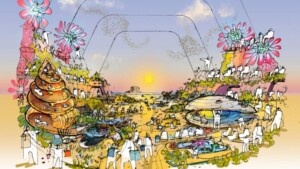Pompeii’s House of the Vettii has installed ‘invisible’ solar panels that look like Roman terracotta roof tiles to generate electricity and cut costs.
Located in the ancient Roman town of Pompeii, which was buried under ash and pumice after the eruption of Mount Vesuvius in 79AD, the House of the Vettii is an archaeological site.
“They look exactly like the terracotta tiles used by the Romans, but they produce the electricity that we need to light the frescoes,” said Gabriel Zuchtriegel, the director of the archaeological park of Pompeii (via the Art Newspaper).
“Pompeii is an ancient city which in some spots is fully preserved,” Zuchtriegel added.
“Since we needed an extensive lighting system, we could either keep consuming energy, leaving poles and cables around and disfiguring the landscape, or choose to respect it and save millions of euros.”
Innovative solar technology
The innovative solar panels were created by Italian company Dyaqua. They can be designed to look like wood, concrete, stone or brick.
The House of the Vettii recently reopened after 20 years of restoration work. Zuchtriegel said the invisible solar panels will be considered “for all future renovation and restoration projects”.
“Through the million tourists who visit us every year, we want to send a message to the world: cultural heritage can be managed differently and in a more sustainable way,” he said.
The sustainable technology is being used at locations including Italy’s commune of Vicoforte and Maxxi – the National Museum of 21st Century Art. It will also feature at historic buildings in Evora, Portugal, and Split, Croatia.
Image: Pompeii Archaeological Park














